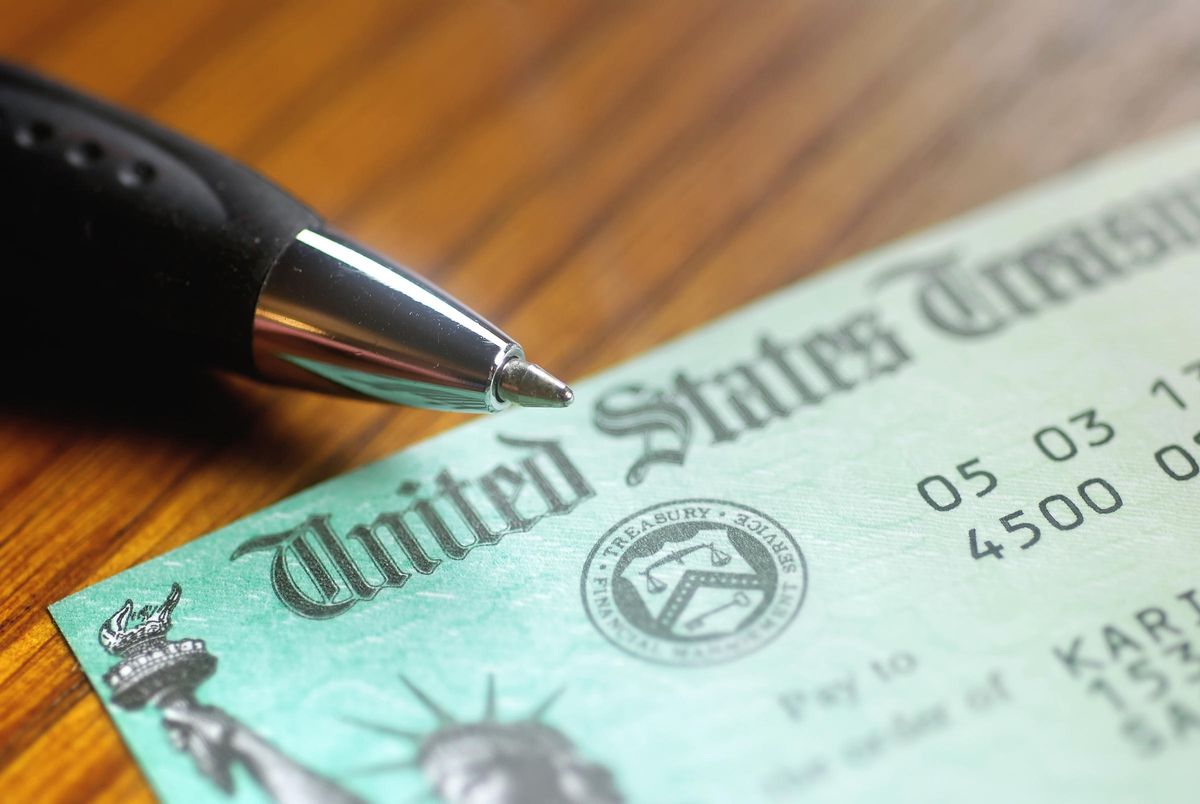Smart ways to spend your stimulus check

A few minutes every morning is all you need.
Stay up to date on the world's Headlines and Human Stories. It's fun, it's factual, it's fluff-free.
The coronavirus health crisis has sucker-punched the economy as businesses are shut down and workers are in lockdown, often without income.
Governments are responding to the crisis in an effort to prevent recessions. The U.S. just rolled out its own package, the CARES (Coronavirus Aid, Relief, and Economic Security) Act, which expands unemployment benefits and paid sick leave, temporarily suspends student debt principal and interest and offers assistance to taxpayers via a direct stimulus check.
This $2 trillion stimulus is the largest rescue package in U.S. history, offering relief for those economically impacted by coronavirus while also aiming to stimulate the economy.
To get the most out of these funds, there are a number of factors you should take into account when deciding how to spend your stimulus check.
What to expect
If you earned enough last year to file a tax return, you are likely eligible to receive a stimulus check.
The breakdown starts with an adjusted gross income of $75,000 or less for individual filers, or $150,000 for married couples. Individuals will receive a single payment of $1,200 each, or $2,400 for married couples.
The checks include an extra $500 per dependent child under 17 years old. If you happen to be above this income bracket, the checks begin to reduce on a sliding scale with the increasing adjusted gross income.
Cover your bases
Many people will use this relief for basic essentials like rent, food and bills, especially if they have been furloughed or laid off. But strategy will pay off in the long run and make your stimulus check go a bit farther.
First, trim the fat. Do you really need that subscription or recurring app payment right now? Go through your recurring payments and budget to see what you can cut out (even temporarily) to reduce your monthly spending.
Second, prioritize expenses. Negotiate the terms on your monthly bills if and when possible. Find out if your landlord is willing to reduce payments temporarily or if you can negotiate a lower interest rate on your credit cards. Wherever you lighten the load will leave more room in your monthly budget.
Third, make a plan. There is no scheduled end date on this crisis. So make sure you are covered for several months ahead. Calculate your monthly budget, along with your income potential and savings, to see what you can set aside for the upcoming months.
(Here are some free budget templates)
Plan ahead
If you happen to be lucky enough to have anything left over, then there are ways you can make the most of that stimulus check. Once your bills are arranged and you can safely see yourself treading water for months to come, consider padding your emergency savings.
Many people in the U.S. report that they do not contribute to an emergency fund. In times like this, you can see how important they are. Find a high-interest savings account to plant your money and keep it there, just in case.
You can also reduce your total expenses in the long run by paying down your credit card debt. Pay down the cards with the highest interest to maximize your savings in the long run. Or, you can try something like the snowball method to pay off the lowest balance completely and free up more funds for the next card in line.
Student debt is something hanging over many of our heads and you may be considering taking the ax to that first. Remember that the CARES Act provides for suspended student debt interest. That means you can either allot that money elsewhere for now, or you can work on paying the principal on the highest interest debts, thereby reducing your overall payment.
Also, consider investing your money. With plummets in the stock market, it might not seem like a great idea. But, right now is actually a great time to buy stocks. Carpe diem!
Generally speaking, we can expect the market to upright itself again in the future. And with dependable stocks at a more affordable price, you are able to make your money work harder. If you aren’t sure how to begin your portfolio, you can do research online.
However you go about it, strategy is key. Make sure you take the time to work out the details of your financial plan so you can strategize how to make your money work the best for you. This is a great time to establish long term, healthy financial habits that will continue to pay off throughout your life.
And whatever you decide to do, please don’t spend all of your stimulus check on toilet paper.
[article_ad]




Comments ()